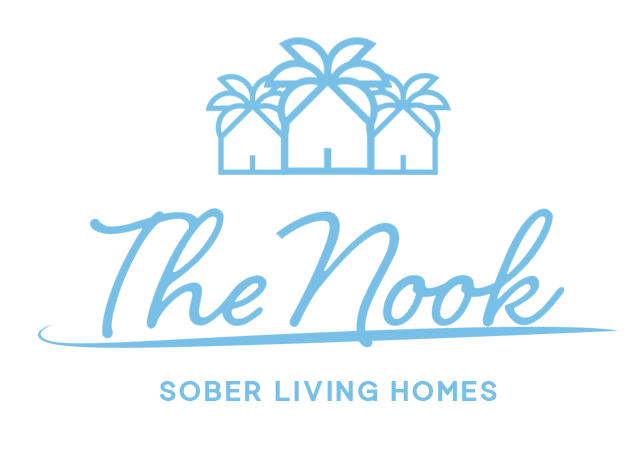One of the saddest aspects of addiction is relapse. It can also be difficult to come to terms with. Addiction is a disease of mind, body, and spirit. Many who suffer from addiction have a history of trauma, co-occurring mental health disorders, or both. So, it’s not surprising that many people relapse after leaving rehab. More than two-thirds of individuals relapse within weeks or months of treatment for substance use disorders. With numbers that high, it is essential to have a relapse prevention plan. At The Nook, we’d like to be a part of your plan.
General Relapse After Rehab Statistics
The statistics about relapse can be quite frankly, depressing. While many people do recover from addiction, there is a high risk for relapse. Long-term relapse rates are predicted to range from twenty to eighty percent depending on the study. While many past studies have focused on if people relapse after 1 year of sobriety, but more recent research has focused on relapse within the first ninety days. One of the key findings in multiple research studies is a lack of personal and social resources contributes significantly to relapse. Other contributing factors include failing to see your addiction as a genuine problem that must be treated consistently. In one study, seventy-five percent of patients in an outpatient program had returned to using before even being discharged from the program.
What Are Good Relapse Prevention Strategies?
Knowing that relapse is so common, it is essential as a rehab, sober living, or any other addiction treatment resource, to have a strong relapse prevention program. Perhaps one of the most common sayings in recovery circles is that you don’t have to change anything; you have to change everything – people, places, and things. Most of the changes will be focused on yourself and your coping strategies. In a perfect world, you will leave rehab with a sobriety toolkit that includes meditation, journaling, grounding techniques and more. Sobriety is an inside job, but having peer support is crucial.
Often when you get sober, you lose the friends that were your ‘using buddies’. Starting over can be difficult. Whether you created a strong support network in rehab or not, you’ll need to build one after rehab. One way to build better support is to regularly attend recovery meetings and build a network of others in recovery. Rather than just attending meetings because you have to do so, embrace recovery as a part of your life. Residing in a sober living house is another way to shore up the foundation of your recovery. Depending on your circumstances before rehab, you may not have a home or job to which to return. Sober living can be more than a roof over your head or a place to sleep at night. Sober living facilities also can provide structure, responsibility, and an introduction to life in sobriety.
Why You Should Go to The Nook
The early days of sobriety can be hard, and you may be wondering if you can stay sober. Sober living homes are the bridge between early and longer sobriety. Depending on your current circumstances, you may want a location close to those you know, or you may want to start over in a new place. Once you’ve selected an area, you’ll want to look for a sober house that will best support you.
Sober living homes located in Los Angeles are located centrally to allow for outings to the beach, to the golf course, to the mountains, and to explore Los Angeles. At The Nook, we focus on lifelong recovery. We offer our clients support to live a life that allows for the maintenance of employment, educational, and familial commitments. Contact us today to see how we can help your life in recovery!


